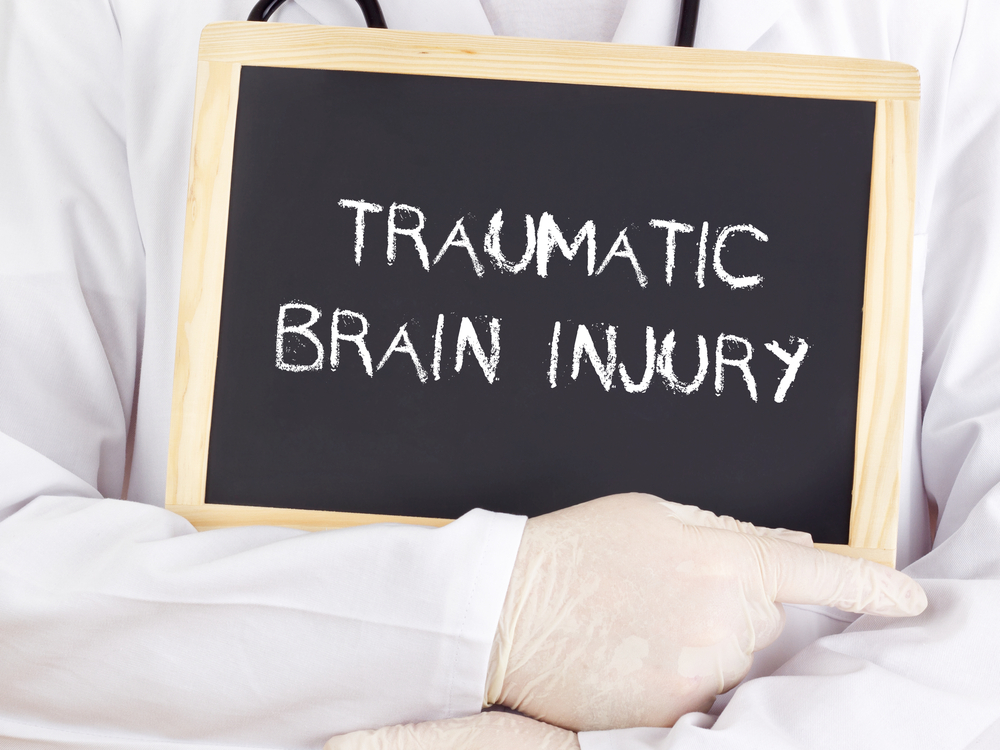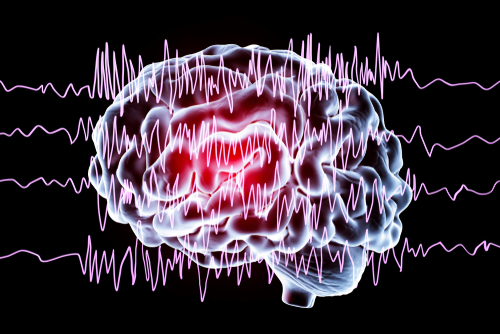Trauma to the brain, also referred to as a traumatic brain injury (TBI), is defined by the American Association of Neurological Surgery as “a disruption in the normal functioning of the brain that can be caused by a blow, bump or jolt to the head, the head suddenly and violently hitting an object or when an object pierces the skull and enters brain tissue.” Traumatic brain injuries are not uncommon, as the Centers for Disease Control and Prevention (CDC) estimates nearly 2.8 million Americans sustain a TBI each year. TBIs are classified as mild TBIs or moderate to severe TBIs. The specific short- and long-term symptoms that develop because of a TBI will vary significantly, as they depend on the type of injury, the severity of the injury, as well as the area of the brain that was injured.
Long-Term Effects
When an individual suffers a TBI, his or her brain is programed to immediately begin to repair the tissue and other internal damage sustained. Still, there are certain areas of the brain that cannot be repaired, and depending on the injury, this may lead to long-term effects. According to the American Association of Retired Persons (AARP) the long-term effects of a TBI may include any combination of the following symptoms:
- Dizziness
- Fatigue
- Depression
- Sleep difficulties
- Headaches and/ or migraines
- Diminished time-management skills
- Visual difficulties
- Irritability
- Concentration difficulties
- Anxiety
- Sensitivity to light and/ or noise
- Deficits in attention
- Reduced participation in activities
- Aggression
- Seizures, post-traumatic epilepsy
- Lost sense of taste and/ or smell
- Personality changes
An article in the National Library of Medicine asserts that at least one-fifth of those with more severe head injuries have reported difficulties with their physical health decades later. The CDC asserts that moderate to severe traumatic brain injury is considered a lifelong condition. It is, however, important to note that when the brain suffers a moderate to severe trauma it is impossible for anyone, including medical professionals, to initially understand the entirety of the damages sustained, nor will the long-term effects be immediately apparent.
For Information and Support
If you are concerned for yourself or a loved one regarding substance abuse and/ or addiction, we recommend reaching out for help as soon as possible. If left untreated, substance abuse can result in long lasting and potentially life-threatening consequences. Keep in mind: you are not alone! There is an entire network of professionals that are available to help and support you and your loved one throughout the recovery process. The earlier you seek support, the sooner your loved one can return to a happy, healthy, and fulfilling life.
Please do not hesitate to reach out with any questions regarding our specific program at Haven House Addiction Treatment and/ or general substance abuse and/ or addiction treatment related information. Our highly trained staff is readily available to discuss how we might best be able to help you and your loved one. We can be reached by phone at 424-258-6792. You are also welcomed to contact anytime us via email at admissions@hhtxc.com



